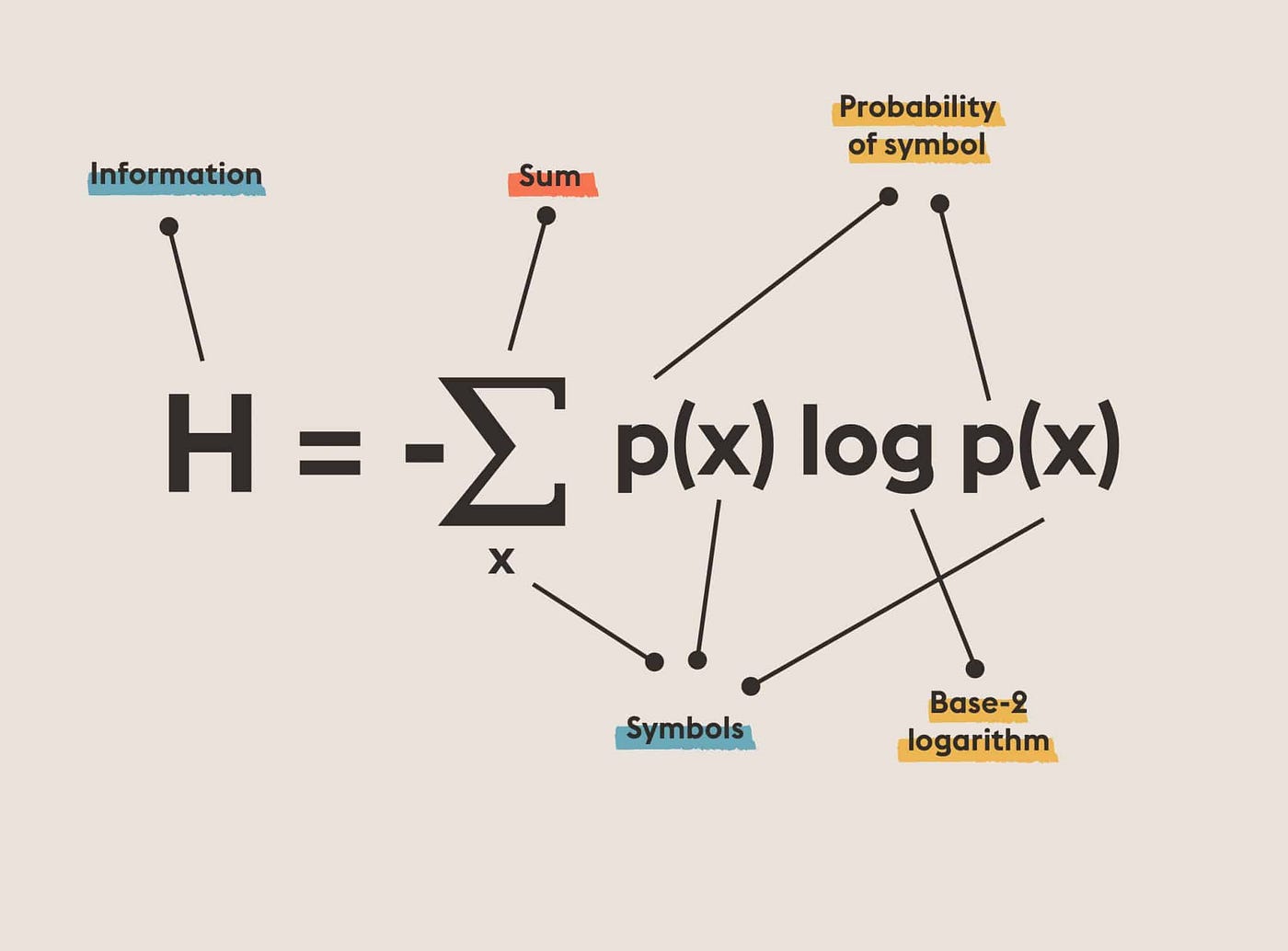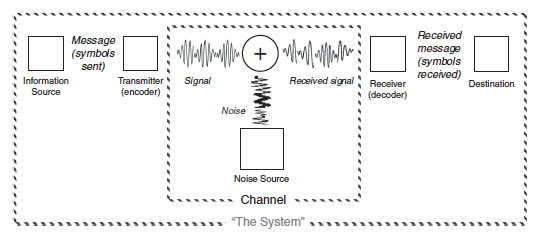
When posts on social media are all generated by AI, why should we still spend time reading them?
Someone can generate a post in seconds, yet we spend minutes reading it.
If the goal is to improve our knowledge, why not just ask the model directly instead of reading someone else's post?
Could it be that, when we read, what we are really consuming is someone else's interests and preferences, or what they want us to see, and that the content itself has little value—that we are looking at the person rather than the words?
From the perspective of information theory, what does this mean? How would Shannon see it?

In the past, we primarily transmitted information through text. But with the development of the modern internet, much content can be replaced with abbreviations—like "NBA"—because human knowledge bases and the internet can automatically decode them.
So, what happens when we
have large language models?
If we can generate a full article with a single prompt, is the real information contained only in that prompt?
Is what truly needs to be transmitted simply the prompt and the model settings behind it?
After all, a 2000-word article might just be an expansion of a 30-word prompt.
📬 Stay Updated
Get notified when I publish new posts. No spam, unsubscribe anytime.
Already have an account? sign in to manage subscription.

